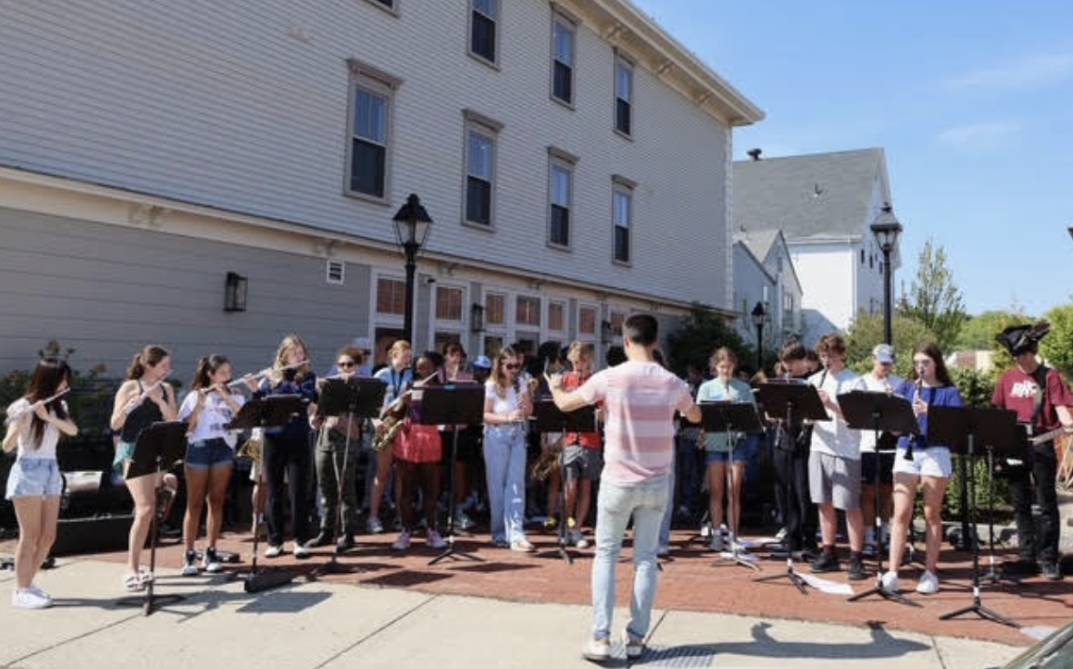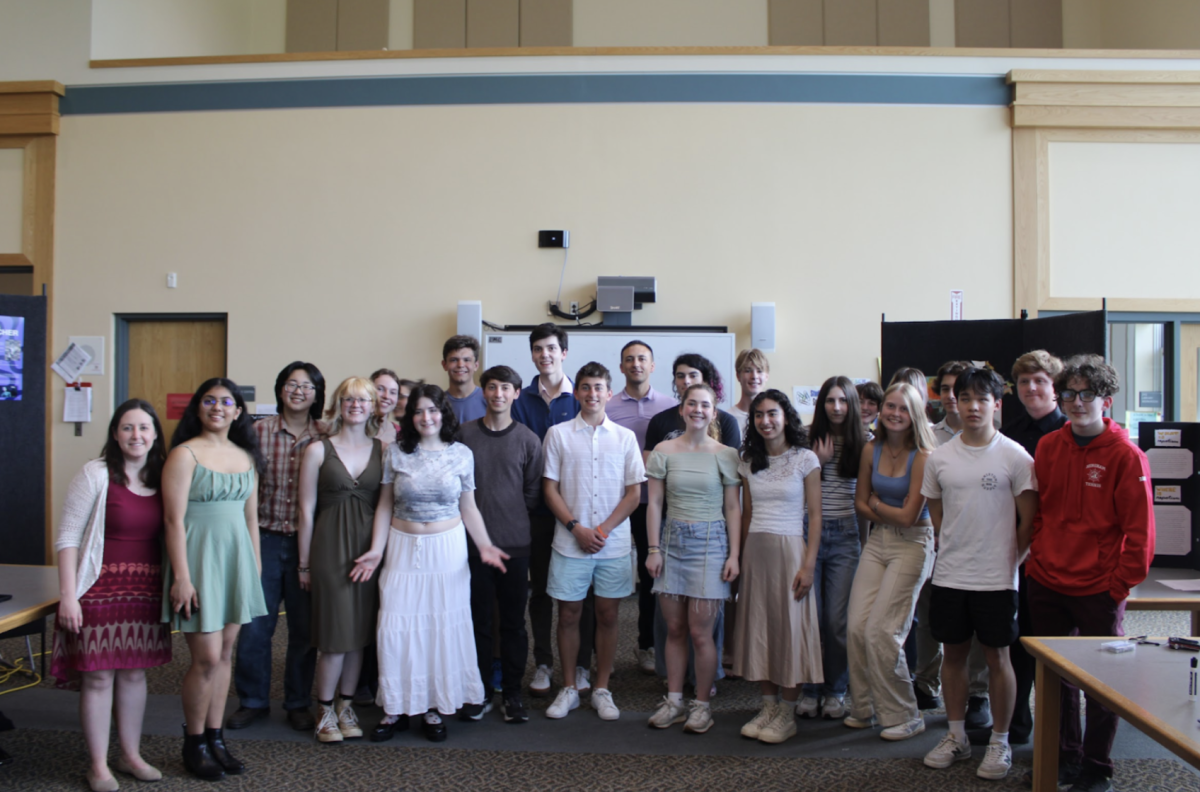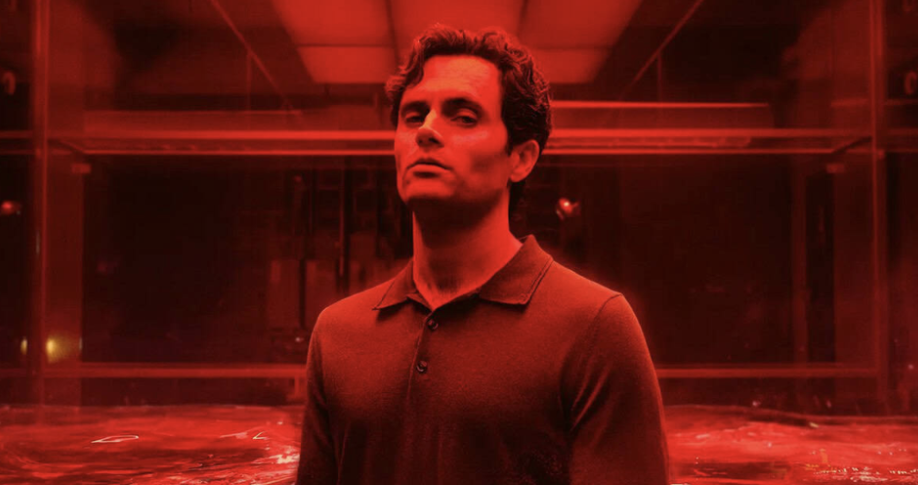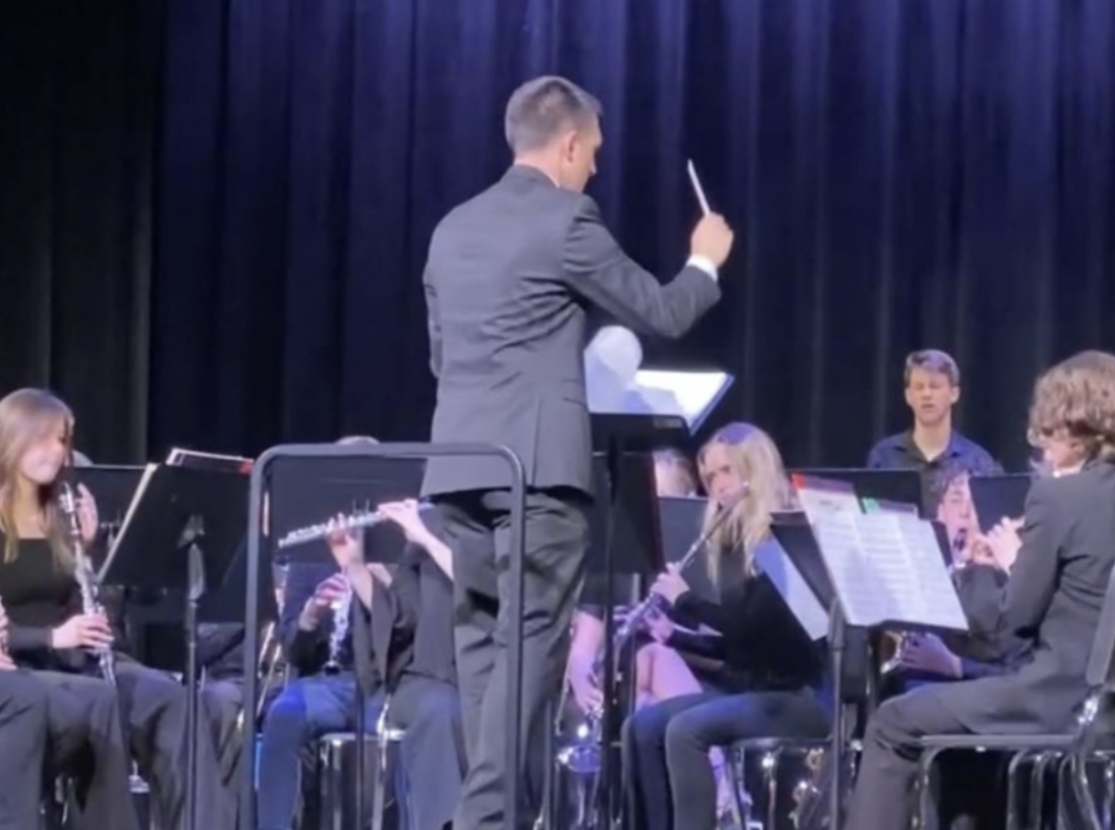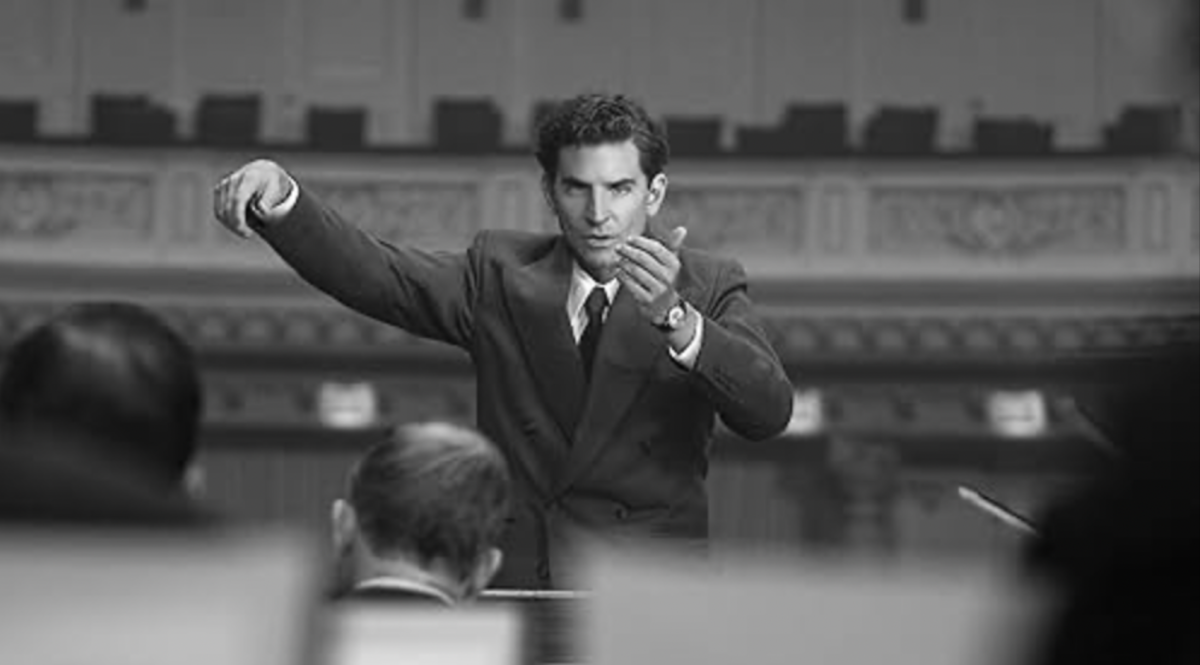After premiering in the Summer film festivals and a theatrical release in late November, the Bradley Cooper film Maestro was put on the Netflix streaming service on December 20th. As of December 22, it is #4 in movies on the Netflix charts, and rightfully so; this movie masterfully explores not only Bernstein’s greatness as a musician, but also his immense love of music and the people in his life.
Going into this film, I knew very little about Leonard Bernstein in general. While I recognized his name as a famous conductor and the composer of influential scores such as West Side Story and On the Waterfront, I knew nothing about his importance in the history of American music. “I know he was a composer or something, but I honestly do not know much about him,” said sophomore Ellie McGrail when asked what she knew about Leonard Bernstein. “Bernstein? Like the Berenstain Bears?” said another sophomore, Mary Smock, when asked the same question. Bernstein is credited as America’s first great conductor, a pioneer known for bringing classical music to the United States and adapting it into the mainstream.
The film begins in the early 1940s as it follows a young Leonard Bernstein, played by Bradley Cooper himself, as he makes a name for himself in the world of music. He sees his first great opportunity when he must take the place of the conductor of the New York Philharmonic, who had fallen sick a few hours before an important performance. At a party, he meets the Broadway actress Felicia Montealegre, portrayed by Carrie Mulligan, who he falls in love with and eventually marries. This section of the film is shot in black and white, with sweeping, romantic cinematography and a dance sequence in a striking tribute to Old Hollywood.
While Bernstein was married to a woman, he also famously had frequent affairs with men. This is depicted in an interesting way in the film, focusing on the unique relationship between him and his wife. As the film progresses, it jumps in time to the late 1960s, and the tone shifts from a whimsical romantic story to more of a stressful family drama, now shot in full color. This is where I believe the movie is at its best, with fantastic acting performances from Cooper and Mulligan as their characters’ marriage slowly deteriorates.
The third act of the film begins with Bernstein conducting the Resurrection Symphony at a cathedral in England, in a stunning six minute scene in which Cooper captures the distinctive conducting style and overwhelming passion for music that Leonard Bernstein was known for. Soon after this, Felicia is diagnosed with breast cancer and the tone shifts once again as Bernstein struggles to keep his family together during his wife’s illness in a heart wrenching final act. The movie ends with Bernstein being interviewed by a camera crew as he reflects on how much his wife truly meant to him, followed by a clip of the real-life Bernstein conducting a symphony towards the end of his life.
My thoughts on this movie are generally very good, although I am still somewhat conflicted. The acting, cinematography, makeup, and score throughout the film were excellent, and I expect it will be nominated for many awards in the upcoming 2024 Oscars. I do have some hold-ups on some of the choices made in the movie, for example the choice to jump right over the period from the 1950s-60s, in which Bernstein was composing some of his best known music. On the whole, however, I think that this is a beautiful film that immortalizes Bernstein’s legacy as a man who loved deeply and changed the landscape of music in America forever.

















